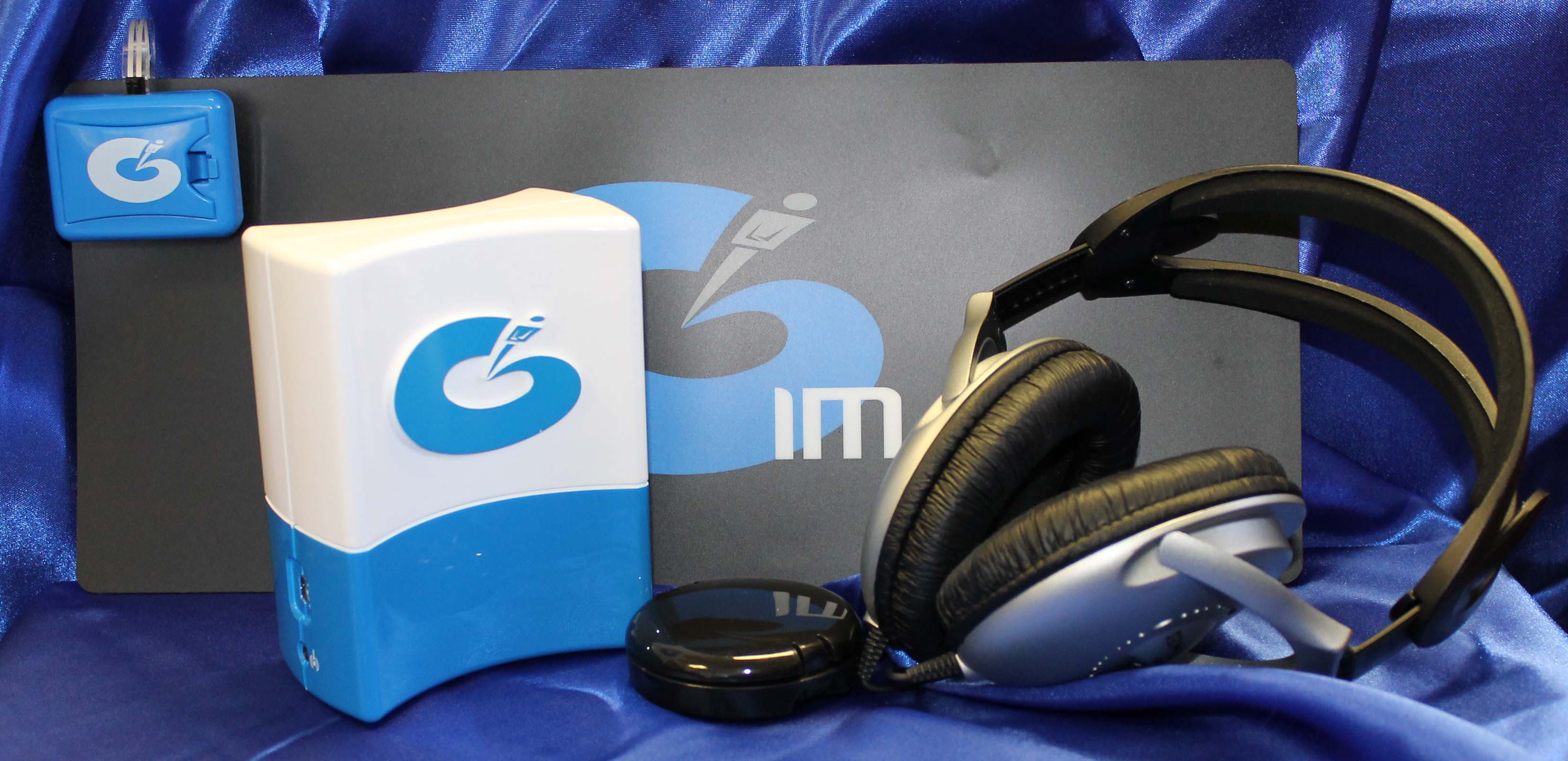Featured in The Orange County Register News!!!

TUSTIN CHRONIC CONDITION CENTER

The Tustin Chronic Condition Center has incorporated a new software program called the Interactive Metronome. The software helps children who have ADD or ADHD, autism, dyslexia and learning disabilities. The equipment helps children with working memory, attention, processing information, sequencing information in order and motor coordination.
“Our new Interactive Metronome®helps us work with and improve the function of the frontal cortex. The fontal cortex controls things like impulsiveness and attention span, and it’s where the personality “lives”. It’s also where things like depression and anxiety are created, and for these children it’s the region in the brain that’s not working as well as it could be.”
Visit The Tustin Chronic Condition Center for the full details.


 There has been more than one occasion when behavioral issues really impact the outcome of our IM sessions and the changes that can take place. Sometimes honestly the kids just aren’t interested in what you want them to do, and they want to do it their own way. Sometimes there are behavioral issues that have become intertwined in their environment, and they need a fresh start. This can definitely have an impact on the effectiveness of your IM sessions, and what progress you see both in the clinic, and in their other environments.
There has been more than one occasion when behavioral issues really impact the outcome of our IM sessions and the changes that can take place. Sometimes honestly the kids just aren’t interested in what you want them to do, and they want to do it their own way. Sometimes there are behavioral issues that have become intertwined in their environment, and they need a fresh start. This can definitely have an impact on the effectiveness of your IM sessions, and what progress you see both in the clinic, and in their other environments. IM is now used by therapists at TIRR Memorial Hermann Rehab Hospital, named one of America’s Top 10 Rehab Hospitals. You may recall TIRR in the news recently as the hospital that treated Rep. Gabrielle Giffords after her traumatic brain injury. We are pleased that therapists at TIRR have chosen to add IM to their treatment tools as they lead the way in advanced rehabilitation.
IM is now used by therapists at TIRR Memorial Hermann Rehab Hospital, named one of America’s Top 10 Rehab Hospitals. You may recall TIRR in the news recently as the hospital that treated Rep. Gabrielle Giffords after her traumatic brain injury. We are pleased that therapists at TIRR have chosen to add IM to their treatment tools as they lead the way in advanced rehabilitation.